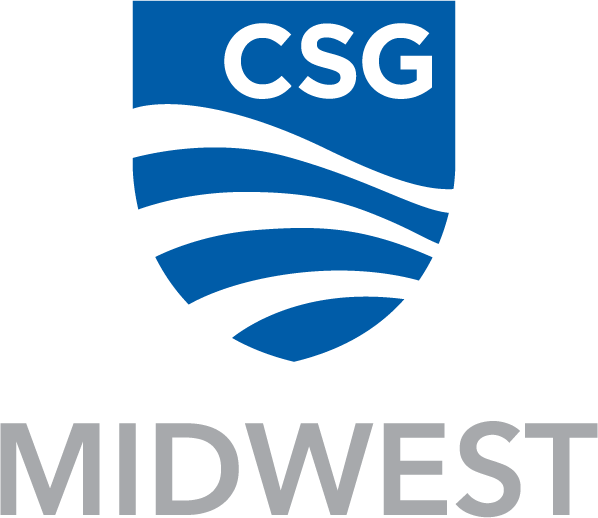Quarterly webinar gives annual overview of federal, state/provincial legislation
Members of the Great Lakes-St. Lawrence Legislative Caucus got their annual update on federal, state and provincial legislation in a June 5 webinar.
Matthew McKenna, director of the Great Lakes Washington Program at the Northeast-Midwest Institute, provided an overview of recent and pending federal legislation in the U.S. Congress, starting with the reality that “we’re in uncharted territory here with the (COVID-19) pandemic.”
Congress has already committed $2 trillion through four bills (now laws) to myriad forms of pandemic relief, and a fifth bill is pending – the Health and Economic Recovery Omnibus Emergency Solutions (HEROES) Act, approved by the House of Representatives on May 15, just three days after it was introduced.
This bill, H.R. 6800, would direct $500 billion to state governments and $375 billion to local governments in two segments: $250 billion immediately followed in a year after passage by $125 billion.
While the U.S. Senate has not yet taken up H.R. 6800, it is working on America’s Water Infrastructure Act (S.3591) and the Drinking Water Infrastructure Act (S.3590), the former of which includes $375 million for the Great Lakes Restoration Initiative for Fiscal Year 2022, and final authorization of the Brandon Road project (along with an improved federal/non-federal partner cost share to 75 percent/25 percent [from 65/35]). Both bills have been reported in the Senate Environmental and Public Works Committee.
McKenna also shared a section-by-section analysis of the DWIA along with highlights of the bill.
Also pending in the Senate, he said, is the Great Lakes Restoration Initiative Act of 2019 (S.2295), which would re-authorize the GLRI for five more years and ramp up funding by $50 million per year to $475 million annually by Fiscal Year 2026. (An identical bill, H.R. 4031, passed the House 373-45 on Feb. 5.)
Moreover, the House’s version of a new surface transportation authorization bill focuses on climate change mitigation and resilience, so may provide additional funds for programs to benefit the Great Lakes, McKenna said.
Attendees got a roundup of recent developments in state and provincial legislatures from the Caucus’ Executive Committee. Illinois Sen. Laura Fine said HB 2650, which became law last July, prioritizes disadvantaged communities for lead pipe removal funding. Minnesota Rep. Jennifer Schultz said the state became the first to ban trichloroethelyne (TCE), an industrial solvent linked to cancer, when SF 4073 was signed into law on May 16.
The webinar included a brief business session.
Caucus Director Lisa Janairo provided a brief business update including cancellation of the Annual Meeting which had been scheduled for Sept. 18-19 in Detroit, renewal of The Joyce Foundation’s grant, and launch of the Caucus’ new website.
Wisconsin Sen. André Jacque reported the Task Force on Nutrient Management in its May 8 conference call discussed ideas for a list of policy priorities to advance in next year’s legislative sessions, while acknowledging the reality that, with the states and provinces grappling with the economic fallout from the COVID-19 pandemic, expectations must be tempered for what can be accomplished in 2021.
A summer workshop to continue hands-on education about nutrient pollution will be postponed until 2021, he added.
Minnesota Sen. Ann Rest reported the Nominating Committee will make arrangements to replace the in-person voting that would have taken place at the Detroit meeting, and that the nominating period will open from June 15 through July 13. The GLLC will elect two officers and 10 members of the Executive Committee to serve two-year terms starting on Jan. 1, 2021.
The Nominating Committee includes Reps. Tim Butler and Jonathan Carroll from Illinois, Sen. Tina Maharath and Rep. John Patterson from Ohio, MNA Gilles Bélanger from Québec, and Sens. Rest and Dave Senjem from Minnesota.
The slidedeck and recording of the web meeting are available.

